As police helicopters circled overhead to capture the suspect who shot and stabbed four people in Nakano, Dang kept his door closed and couldn't sleep all night.
On the evening of May 25, Nguyen Hai Dang, 30 years old, a Vietnamese interpreter working for a company in Nakano, Nagano Prefecture, Japan, was on his way home when he saw police cars and ambulances running all over the street. His phone also kept ringing, and his colleagues kept calling to ask about the situation.
Not understanding what was happening, Dang read the news on his phone and realized that there had been a stabbing and shooting incident just 500 meters from his house. The suspect, in his 30s, had stabbed a woman to death, then shot dead two police officers who arrived at the scene, then took hostages and barricaded himself in a house. The fourth victim died that night.
Police deployed a large force to the scene to capture the suspect. Residents within a 300-meter radius of the suspect were asked to evacuate, while the entire Nakano City population was advised to stay indoors until it was safe. The raid continued throughout the night of May 25.
"When I regained my composure, I immediately returned home to my wife and children, closing the doors tightly as advised by the authorities. At that time, the whole family heard two loud gunshots. Helicopters hovered in the sky all night, I couldn't sleep," Dang recalled.
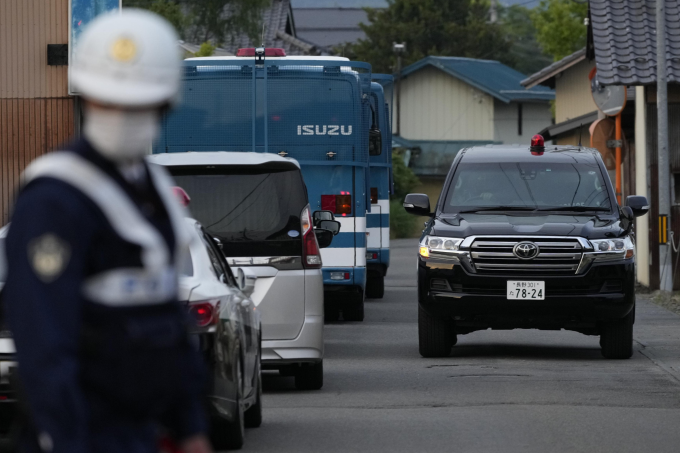
Police near the scene of a stabbing and shooting in Nakano City, Nagano Prefecture on May 25. Photo: Kyodo
Nakano is home to a large Vietnamese population. Many Vietnamese were surprised and worried when they heard the loud sound of police sirens in the normally quiet countryside.
"I and everyone else heard about the murder while we were working in the factory. Everyone was in a panic because something like this had never happened in this area," said Ha My, 22, a trainee from Quang Tri who was working in Nagano. After work, My did not dare go home, fearing that the suspect might escape the police siege.
Chinh, a skilled worker at the factory across the street, said police had blocked off all roads around her house. "I was so scared because I was alone, I had to wear headphones to sleep," she said.
Mai Nguyen, 30, a housewife in Nakano, said the couple had been keeping up with the news from the media all night while the police hunted for the suspect. "This is a very big incident, and we have a small child who goes to daycare, so we are very worried," Mai said.
At around 4:30 a.m. on May 26, police arrested the suspect outside a farm near Nakano City. He was identified as Masanori Aoki, 31, the son of the head of the city council. After committing the crime, Aoki barricaded himself in his father's house with the hostage for several hours.
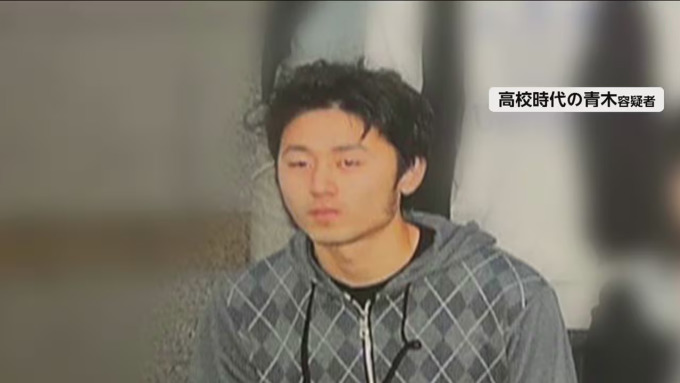
Suspect Masanori Aoki, 31. NHK screenshot
It is a rare case of violent crime in Japan, where the murder rate is low and gun laws are among the strictest in the world . National Public Safety Commission Director Koichi Tani said the suspect had been licensed by the prefecture to own hunting guns and air guns.
"I was surprised to learn that the suspect was the son of the city council chairman. I talked to him last year when I visited the chairman's house. He was a normal young man, dedicated to farming, and there was no family discord," a neighbor told Japanese media at the evacuation center.
The incident has added to public anxiety in Japan, which is considered one of the safest countries in the world. The country was shocked by the assassination of former Prime Minister Shinzo Abe with a homemade gun last July. Last month, Prime Minister Fumio Kishida was attacked with a pipe bomb while campaigning in the western city of Wakayama.
Police have not yet determined the motive of suspect Masanori Aoki in the May 25 attack. Many Vietnamese in Nakano breathed a sigh of relief knowing the suspect had been arrested and the community was safe, but said their view of an absolutely peaceful Japan had been shaken by the incident.
"In the 8 years I have lived in Japan, this is the first time I have witnessed such a scene. I thought the countryside would be more peaceful," said Dang.
"Japan has a high level of security because people always follow the rules. But on the contrary, when they are upset, you don't know what will happen," Chinh said.
Duc Trung
Source link



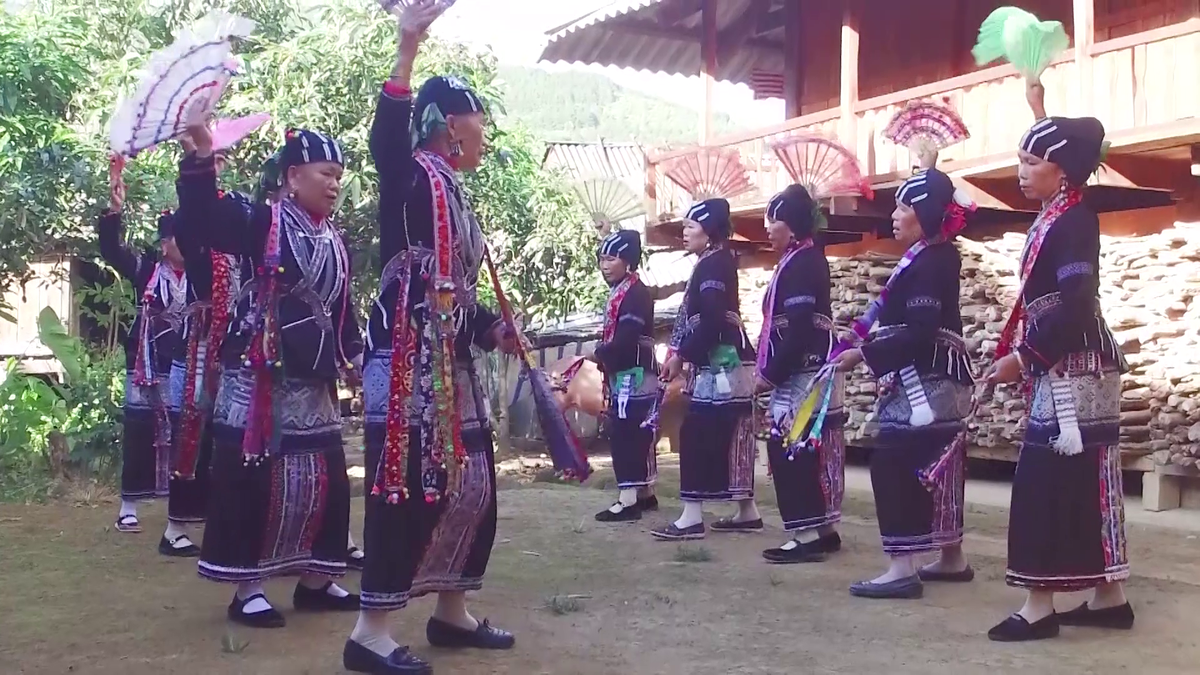
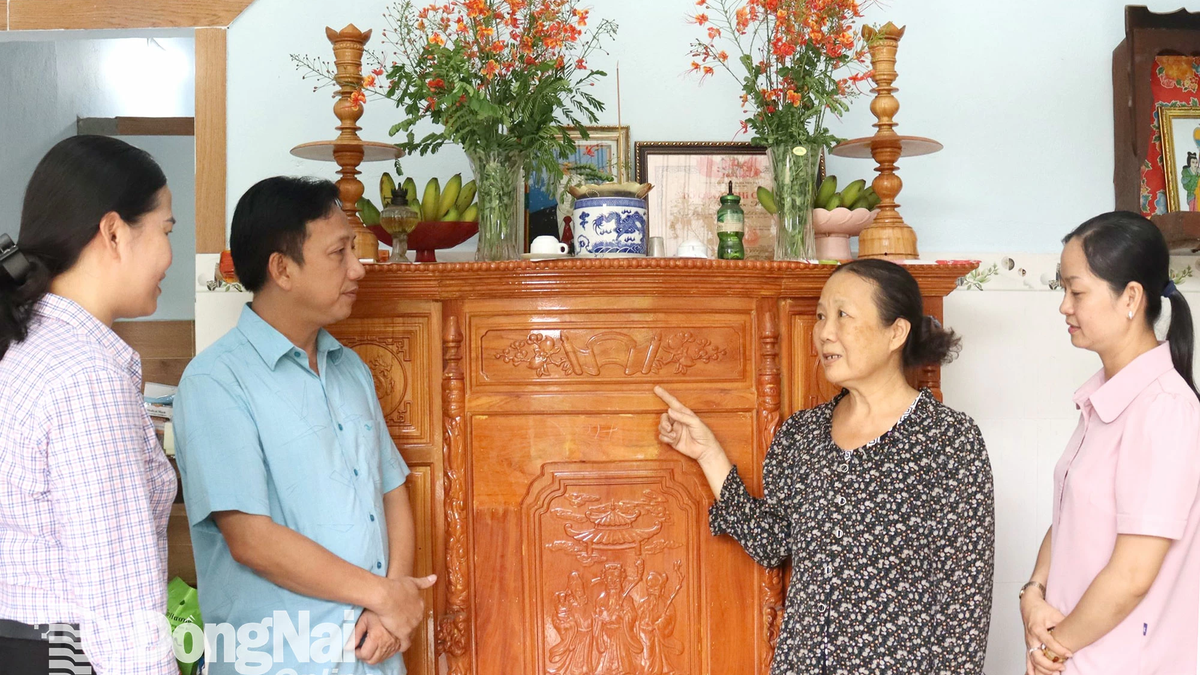

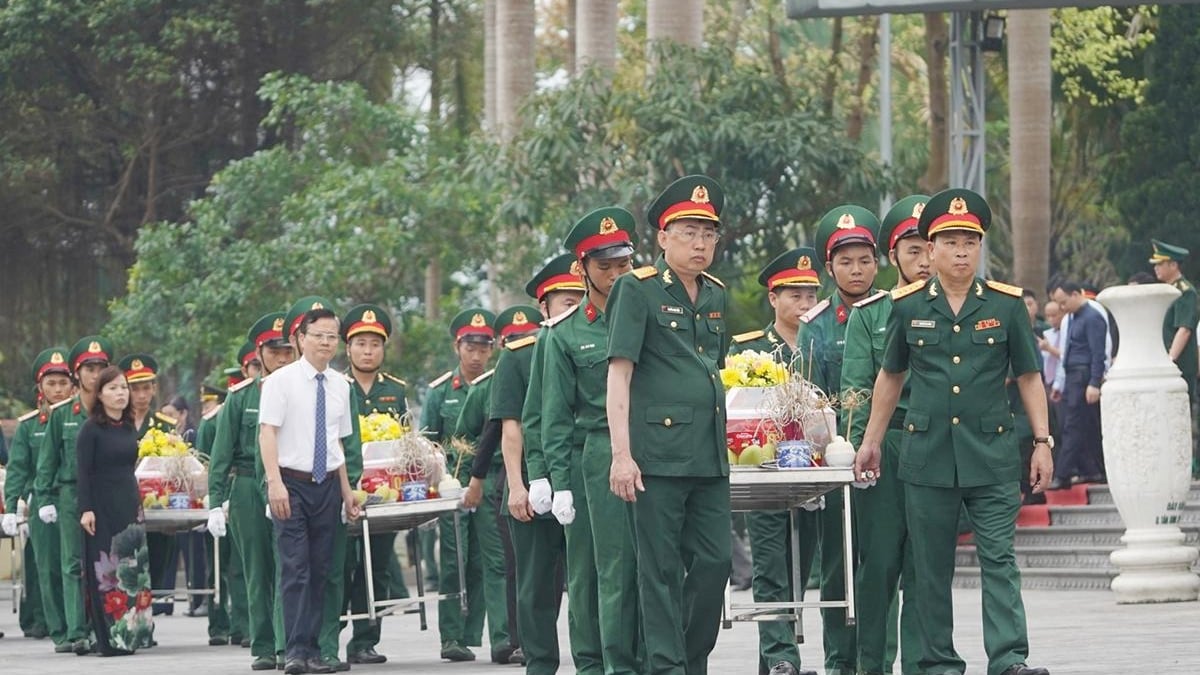

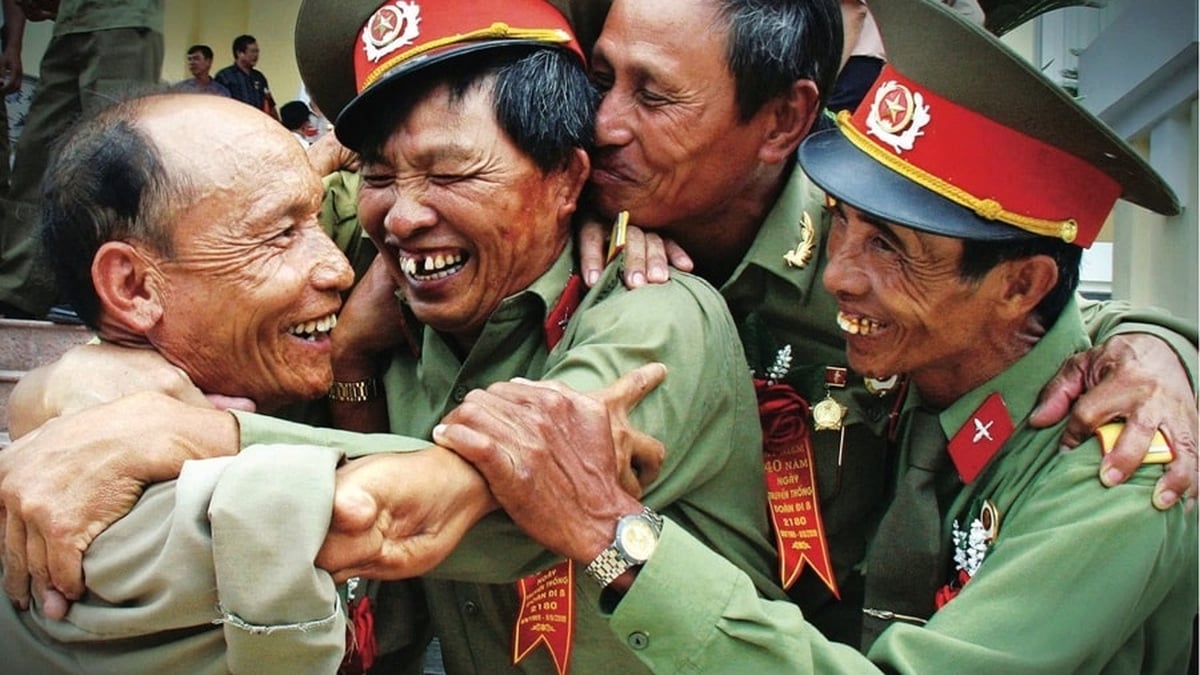

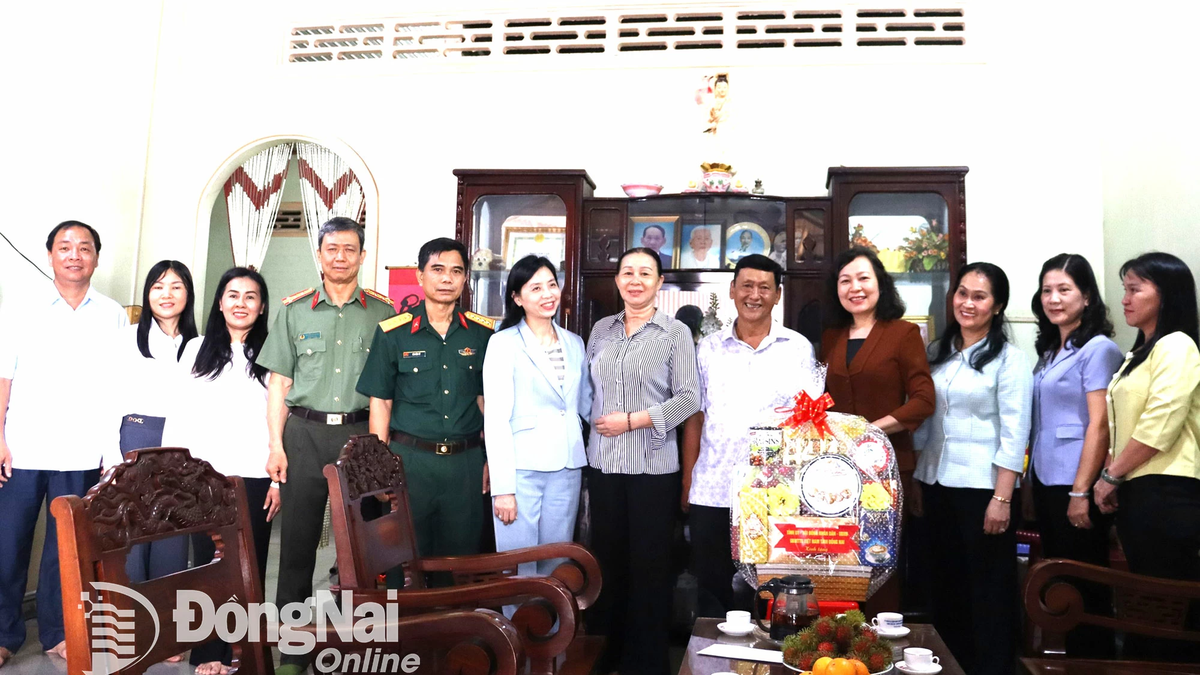
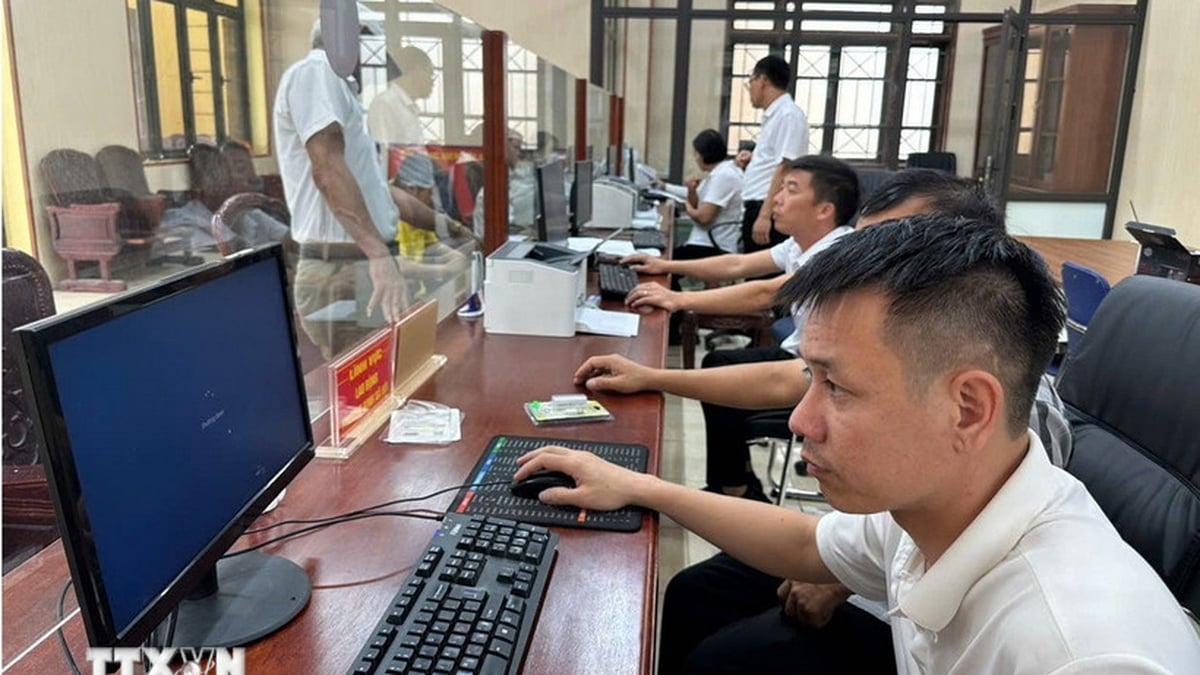

















![[Photo] Signing of cooperation between ministries, branches and localities of Vietnam and Senegal](https://vphoto.vietnam.vn/thumb/1200x675/vietnam/resource/IMAGE/2025/7/24/6147c654b0ae4f2793188e982e272651)








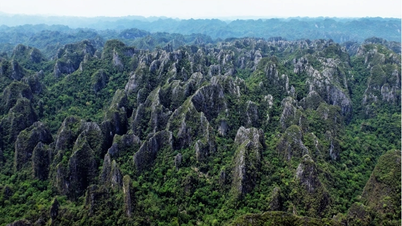


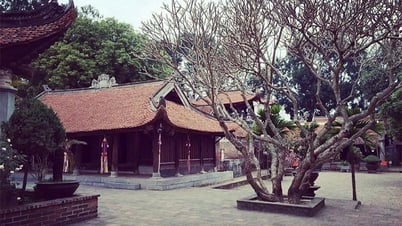






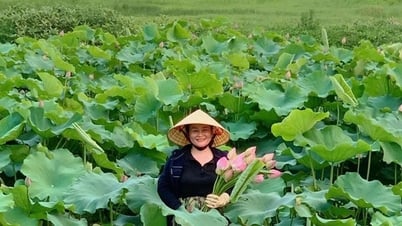

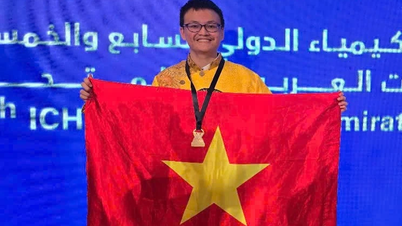

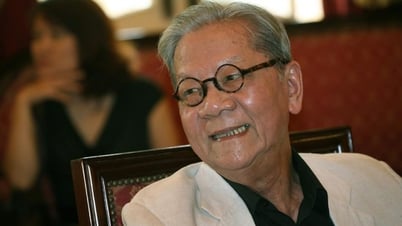








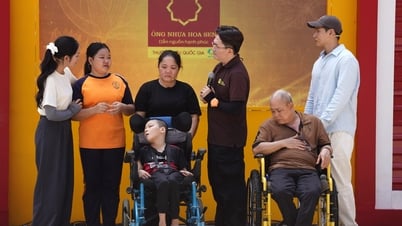

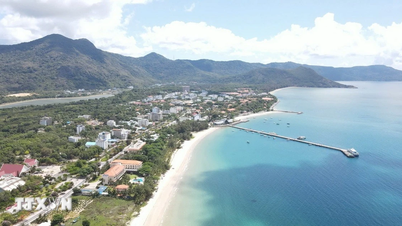
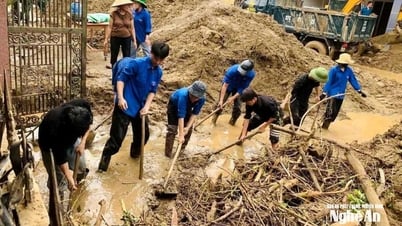

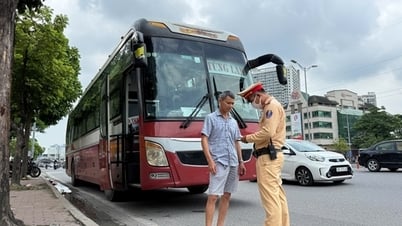



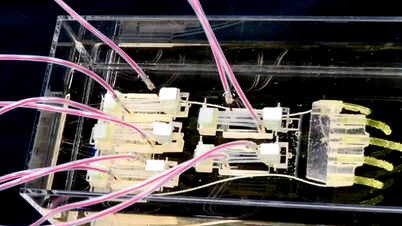
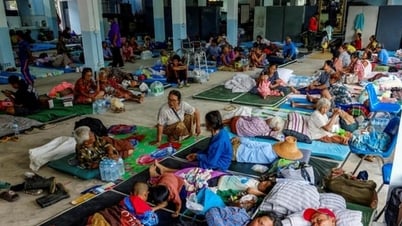



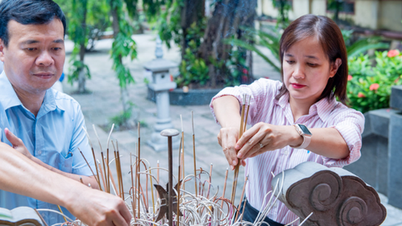
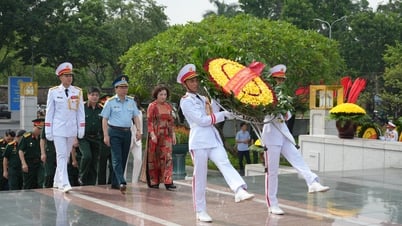

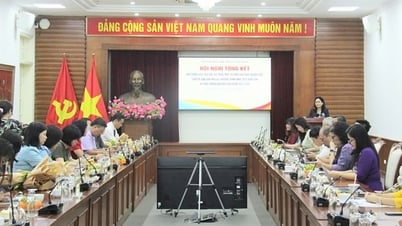


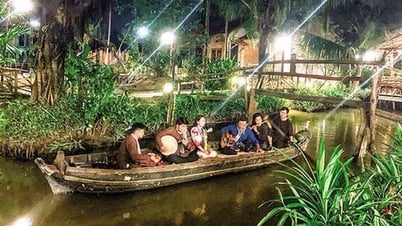






















Comment (0)